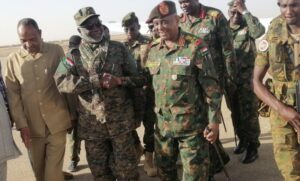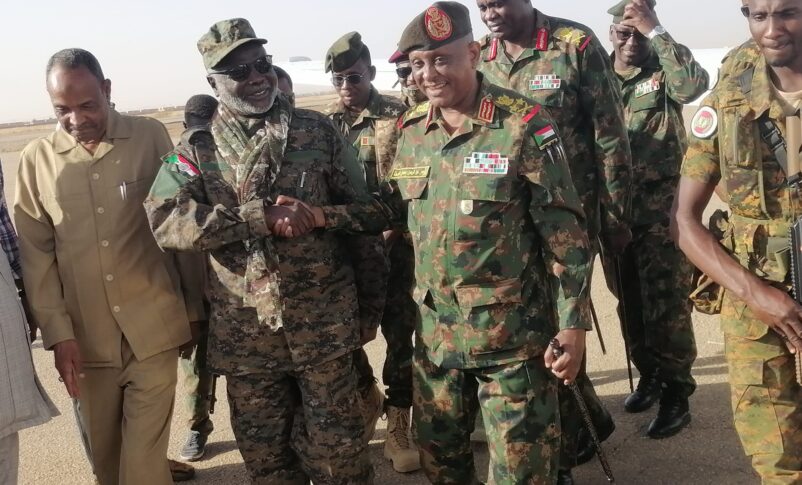In the face of mounting hostilities in Sudan, the military chief, General Yasser al-Atta, has made it clear that a truce will not occur during the upcoming Islamic holy month of Ramadan unless specific requirements are fulfilled.
The political environment of Sudan is complicated, as this declaration highlights the long-running rivalry between the country’s armed forces and the paramilitary Rapid Support Forces (RSF).
The key demand of the military is that the RSF leave all public and civilian areas. This is based on an agreement made during mediated negotiations in Jeddah in May. This condition, which al-Atta considered crucial, embodies the military’s resolve to honour earlier accords and bring peace back to the war-torn country.
Disagreements about the course of Sudan’s transition to civilian government were the catalyst for the mid-April 2023 outbreak of hostilities between the army and the RSF. Since then, the nation has suffered greatly as a result of the fighting, with large areas of land devastated, communities uprooted, and infrastructure completely destroyed. Although the RSF originally made gains, new reports indicate that the army may be gaining ground and maybe gaining strategic advantages, especially in areas like Omdurman.
But there are still many obstacles in the way of peace. The RSF’s reaction to the military’s demands is still unknown, and past efforts to mediate ceasefires have failed due to entrenched rivalries and power struggles. Furthermore, with millions of civilians facing starvation, displacement, and other hardships, the humanitarian catastrophe engulfing Sudan requires immediate action.

International players, including as the US and the UN, have denounced the violence and asked all sides to put peace and humanitarian aid first. However, negotiating the intricate interaction of political forces, ethnic conflicts, and humanitarian imperatives is necessary to bring about sustainable reconciliation in Sudan.
